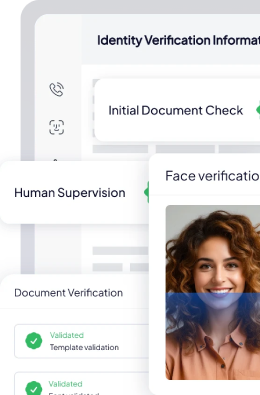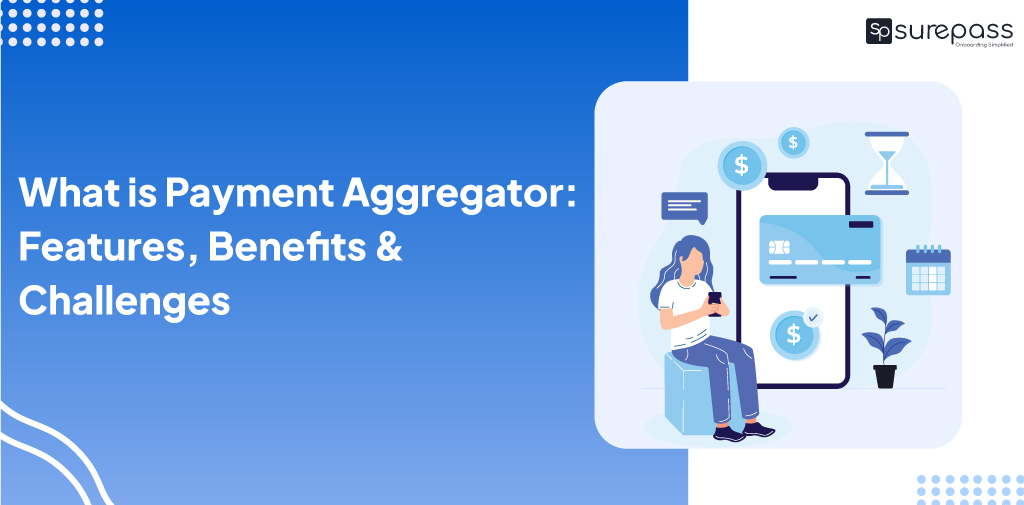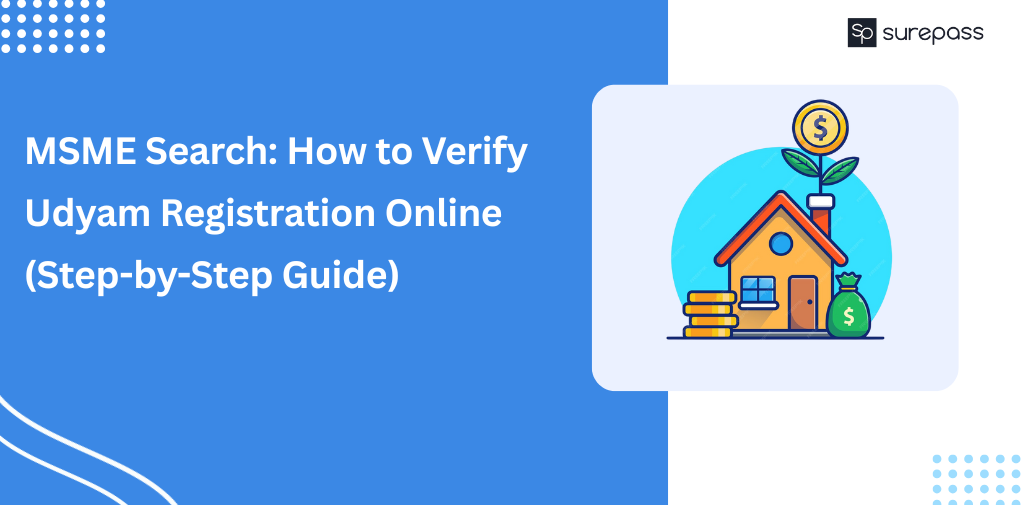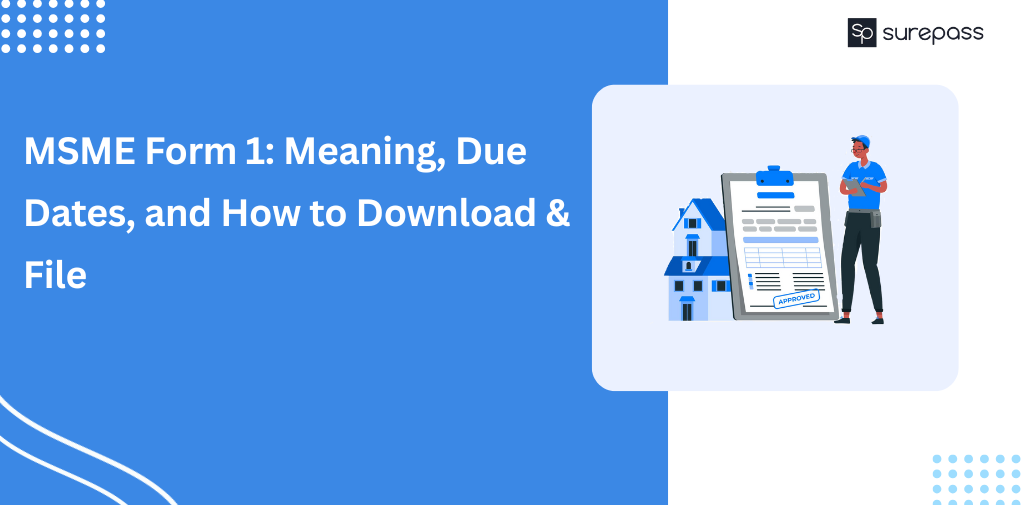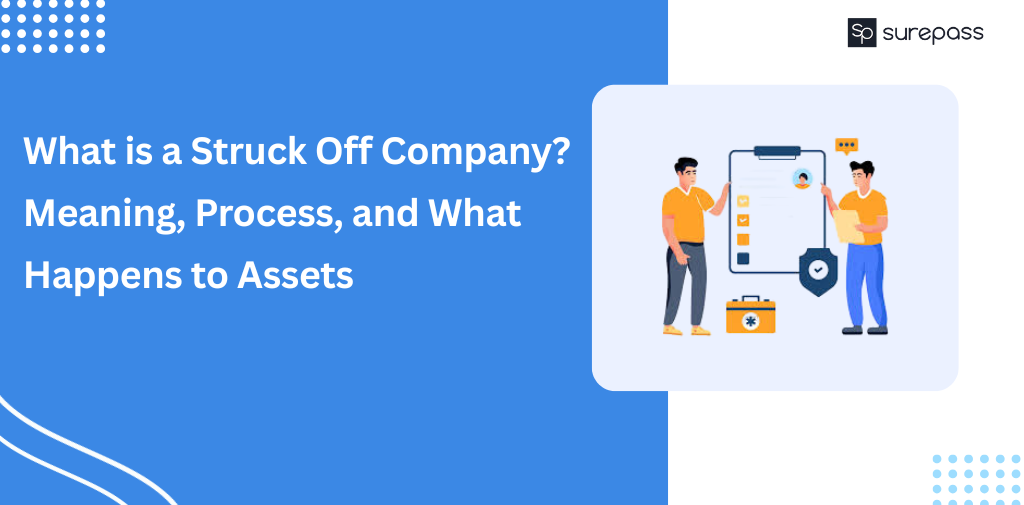Online transactions are on the boom, everyone one of us is using online payment methods. This reliance of people on various payment methods makes it essential for businesses to use payment aggregator. A solution that accepts all types of payment smoothly and securely. For more information about the aggregator read this blog.
What is a Payment Aggregator?
It refers to a payment service that helps businesses collect payment from customers via various payment modes such as credit/debit, UPI, net banking, and wallets.
It is like an intermediator that allows businesses to offer multiple payment options with a single integration.
Features of Payment Aggregators
- Centralized System: Aggregators consolidate payment methods into one platform and simplify the payment collection for businesses.
- End-to-End Solution: From transaction initiation to settlement, they handle the entire payment process.
Types of Payment Aggregators
Bank-Led Payment Aggregators
Banks and financial institutions operate bank-led Payment Aggregators. They provide secure options directly connected to bank accounts. It makes transactions secure and reliable. Examples, are ICICI Payseal and HDFC Payment Aggregator.
Third-Party Payment Aggregators
Third-party aggregators refer to the service provider who allows merchants to receive the payment of customers with multiple payment methods.
Payment Aggregator vs Payment Gateway
Definition
- Payment Aggregator is a service that allows merchants to accept payment modes.
- Payment Gateway is a solution that securely processes online payment transactions.
Automate your KYC Process & reduce Fraud!
We have helped 200+ companies in reducing Fraud by 95%
Role
- Aggregator acts as an intermediary between merchants and payment providers.
- Gateway mainly focuses on transferring secure transactions between merchants, banks, and customers.
Setup
- Aggregators are easy to set up without separating merchant accounts from banks or providers.
- Payment gateway requires merchants to set up a direct account with a provider.
Features
- It offers multiple payment methods including Cards, UPI, Wallets, etc. It adds features like fraud detection and analytics.
- It primarily ensures secure transactions processing payment authorization.
Examples
- Payment Aggregators: Razorpay, PayU, Surepass, etc.
- Payment Gateway: Paypal gateway, Paytm gateway, Surepass Payment Gateway.
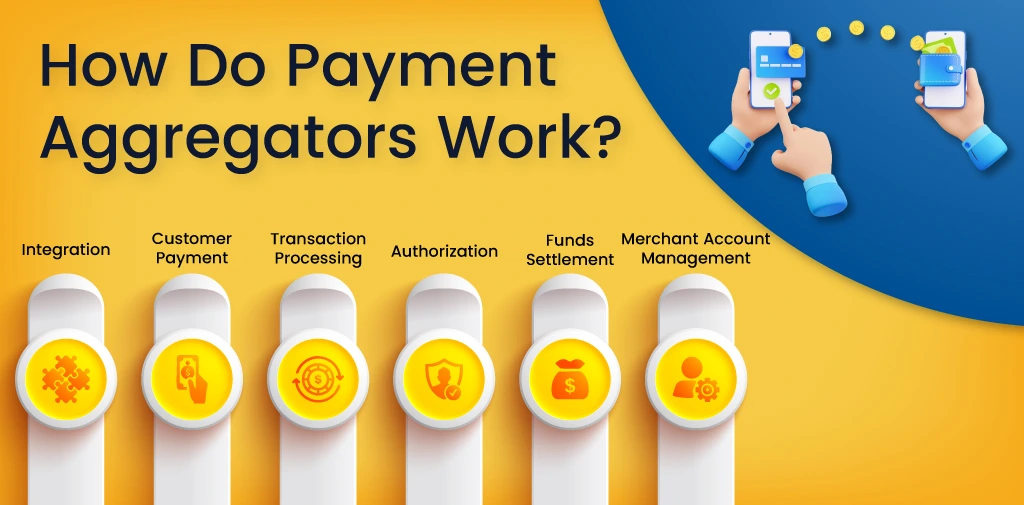
How Do Payment Aggregators Work?
Here is how it works:
- Integration: Businesses must incorporate the payment aggregator into the website or application.
- Customer Payment: When a customer makes a payment, the payment details are securely transmitted to the aggregator’s system.
- Transaction Processing: The aggregator routes the payment information to the payment gateway or bank for authorization. This process mainly involves the checking validity of the payment methods and fraud checks.
- Authorization: The payment gateway or bank verifies the transactions and sends an approval or decline response to the aggregator.
- Funds Settlement: If the transaction is approved, the aggregator processes the payment and settles the funds by transferring them to the business account after deducting the fee.
- Merchant Account Management: The aggregator may manage the merchant’s account, handling transactions, generating reports, and ensuring compliance.
How to get a Payment Aggregator License in India?
Here is a brief on how you can get a payment aggregator License in India:
- To get an aggregator license in India businesses need to fulfil the eligibility criteria. The business has to be registered under the Companies Act, 2013 with a net worth of 15 crores.
- If you are eligible then you can apply to the RBI. The application should contain KYC details of the director, risk management plan, and technical details.
- Along with documents, the company has to deposit 15 lakh rupees as security.
- RBI will check and evaluate the application and infrastructure. After that RBI will issue the Aggregator license.
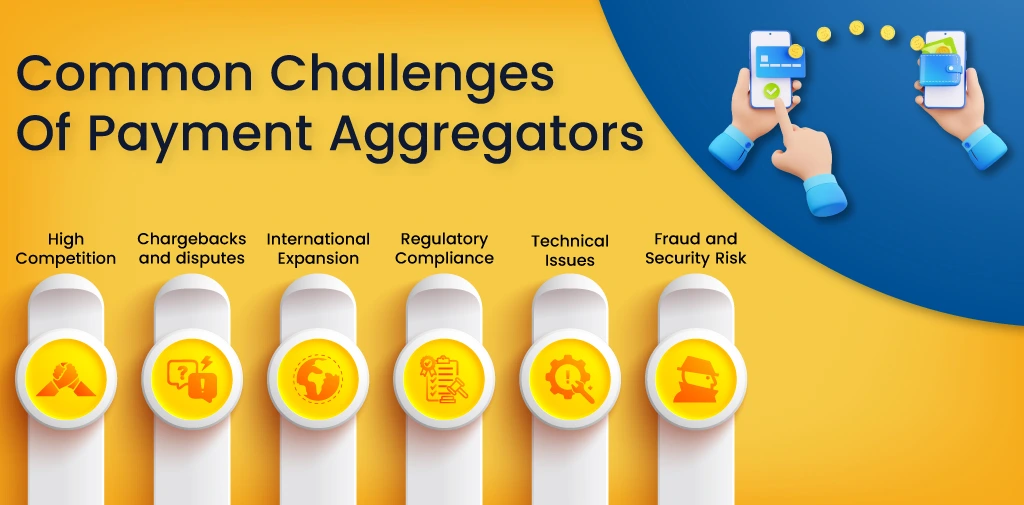
Common Challenges of Payment Aggregators
These are the following challenges of Aggregators,
- High Competition: Competing against different payment service providers as well as Fintech firms, who could offer similar services at cheaper prices or have more options.
- Chargebacks and disputes: The management of chargebacks as well as disputes between merchants and customers can result in financial losses and can affect your brand’s reputation.
- International Expansion: Cross-border payment exchange, currency conversion, as well as local law.
- Regulatory Compliance: It is difficult to follow evolving RBI guidelines, complex regulations, and anti-money laundering rules.
- Technical Issues: A glitch-free payment experience and maintaining uptime, as technical issues can disrupt transactions.
- Fraud and Security Risk: Protection against cyber attacks and frauds is difficult.
Benefits of Using Payment Aggregators
- Cost Effective: Lower fees and setup costs compared to individual merchant accounts.
- Quick Setup: Fast onboarding and immediate access to payment processing capabilities.
- Smooth Integration: Easily integrate with multiple payment methods (cards, UPI, Wallets) with minimal setup.
- Wide Range of Payment Options: Support various payment methods to improve customer experience.
- Reduce complexity: Aggregators handle chargebacks, refunds, and disputes and simplify the operations.
- Customer Support: 24/7 support to solve payment-related issues.
Conclusion
In simple words, payment aggregators simplify payment from customers using different methods like Cards, UPI, or wallets. They save time, reduce costs, and are secure. Even though they are excellent business solutions still have challenges like compliance with regulations, technical issues, and fraud prevention. By staying secure, following rules, and improving services, aggregators help businesses offer a smooth payment experience. As digital payment is growing, integrating payment aggregators in India become important for businesses.
FAQs
What is a Payment Aggregator Meaning?
A payment aggregator is a third-party service that allows businesses to accept customer payments via various means.
What is the difference between a UPI and a Payment Aggregator?
UPI is a payment system while an aggregator helps accept payment from customers.
